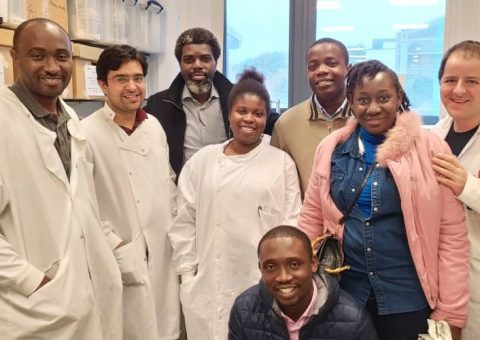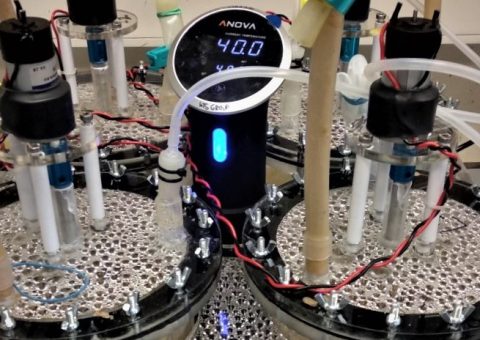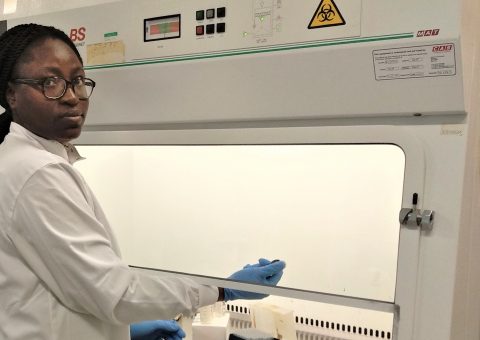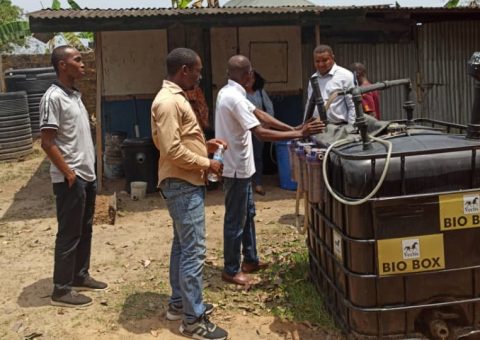
RECIRCULATE
Driving eco-innovation in Africa. Capacity building for a safe circular water economy.
Water for Energy Production

How can agricultural communities in West Africa benefit from anaerobic digestion of waste?
Can digestate from anaerobic digestion be effectively pasteurised to respond to the pathogen challenges of West Africa and be utilised in agricultural applications?
When waste materials (including human and food waste) are brought together in anaerobic digestion (AD) for biogas energy production the resulting waste product (“digestate”) has the potential to be used as a fertilizer within cropping systems (Riding et al., 2015).
However, such use depends on effective pasteurisation to prevent the transmission of human pathogens. Conventional pasteurisation technologies, widely employed in anaerobic digestion across the UK and Europe are extremely energy intensive, increasing operating costs and reducing net energy yields.
Consequently, the core research questions of this work-package have been defined as:
- Can digestate from anaerobic digestion be effectively pasteurised to respond to the pathogen challenges of West Africa by employing low thermal intensity processes coupled with the anaerobic digestion?
- What is the value of [pasteurized] digestate in irrigation and delivery of nutrient and soil conditioning values?
- How can research results be used to develop and define good practice for its agricultural application taking account of attitudes to the use of “waste” in different communities?
WP4 updates
Waste not, want not
The Acid Test
Interdisciplinary research delivering “joined-up” solutions to multiple sustainable development goals
Promoting sustainable biogas for communities in the Niger Delta, Nigeria
© 2020 Lancaster University




